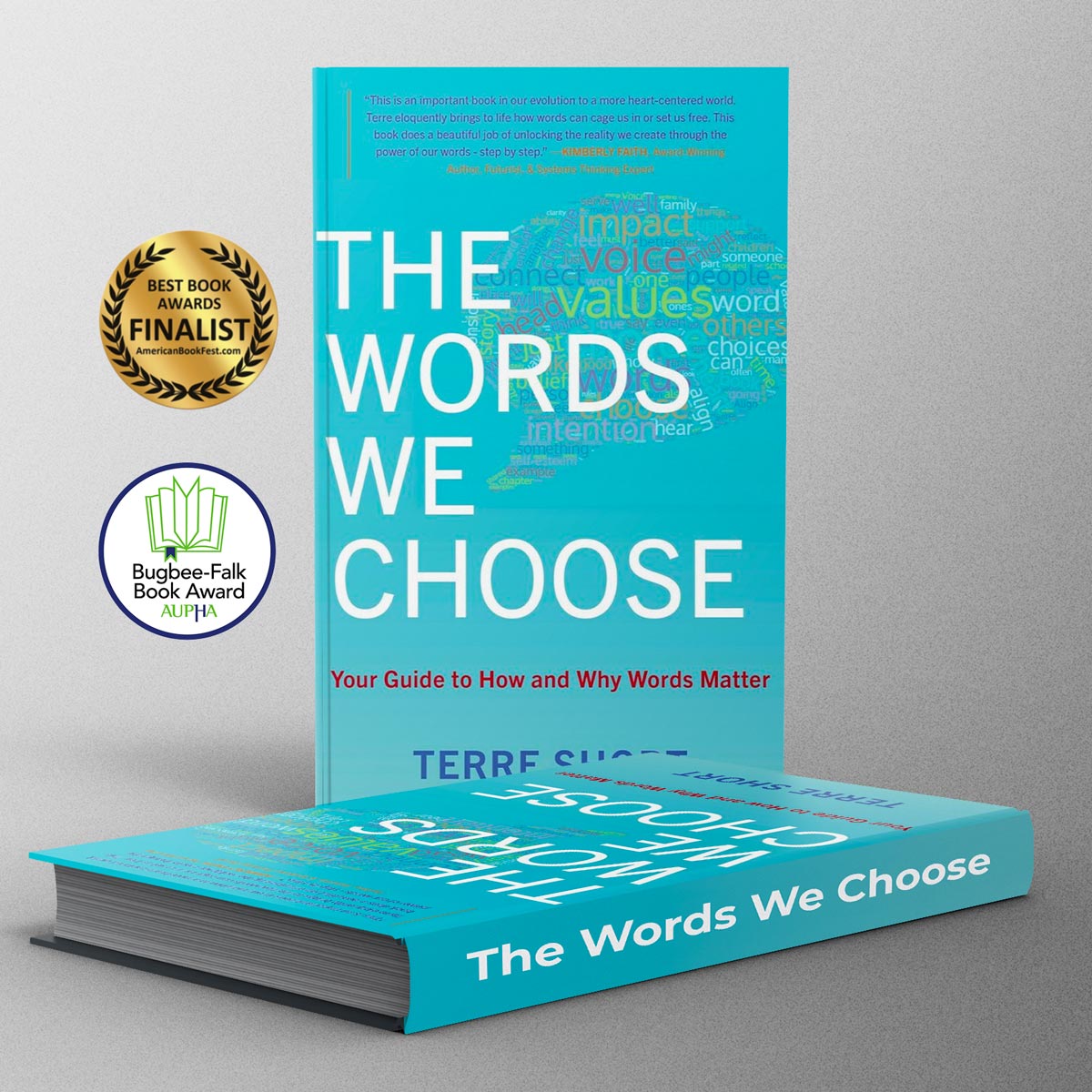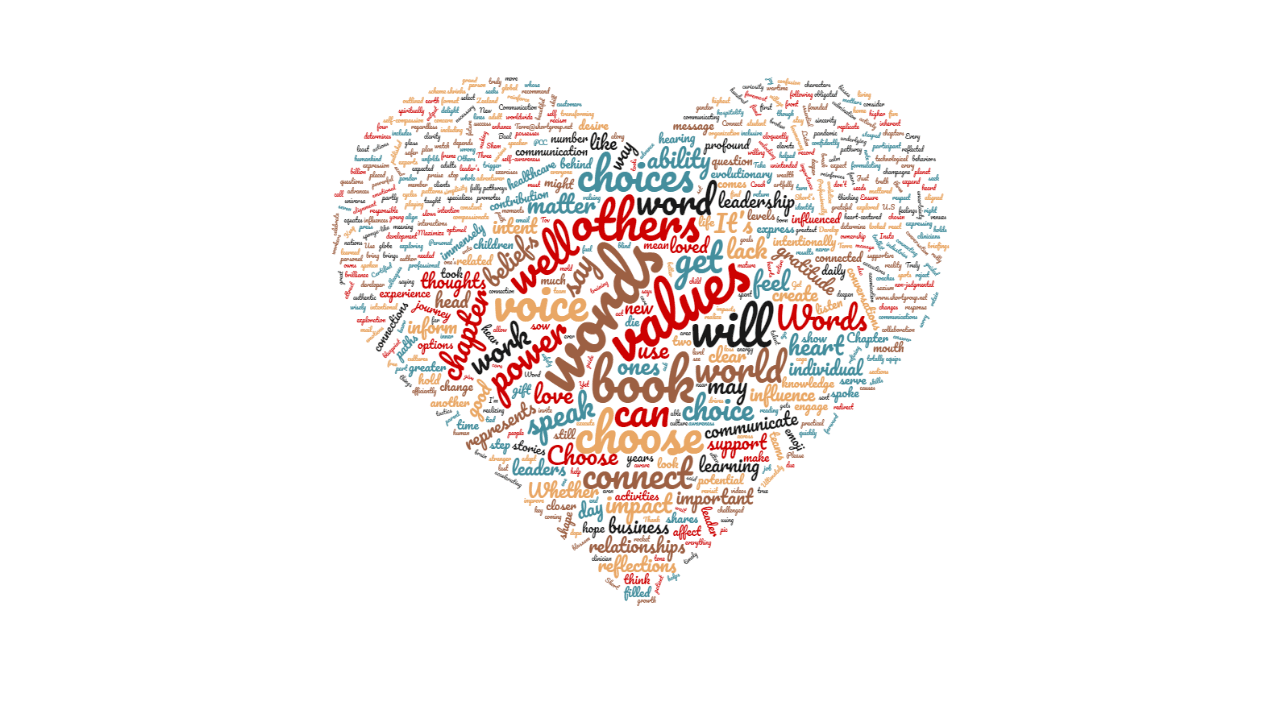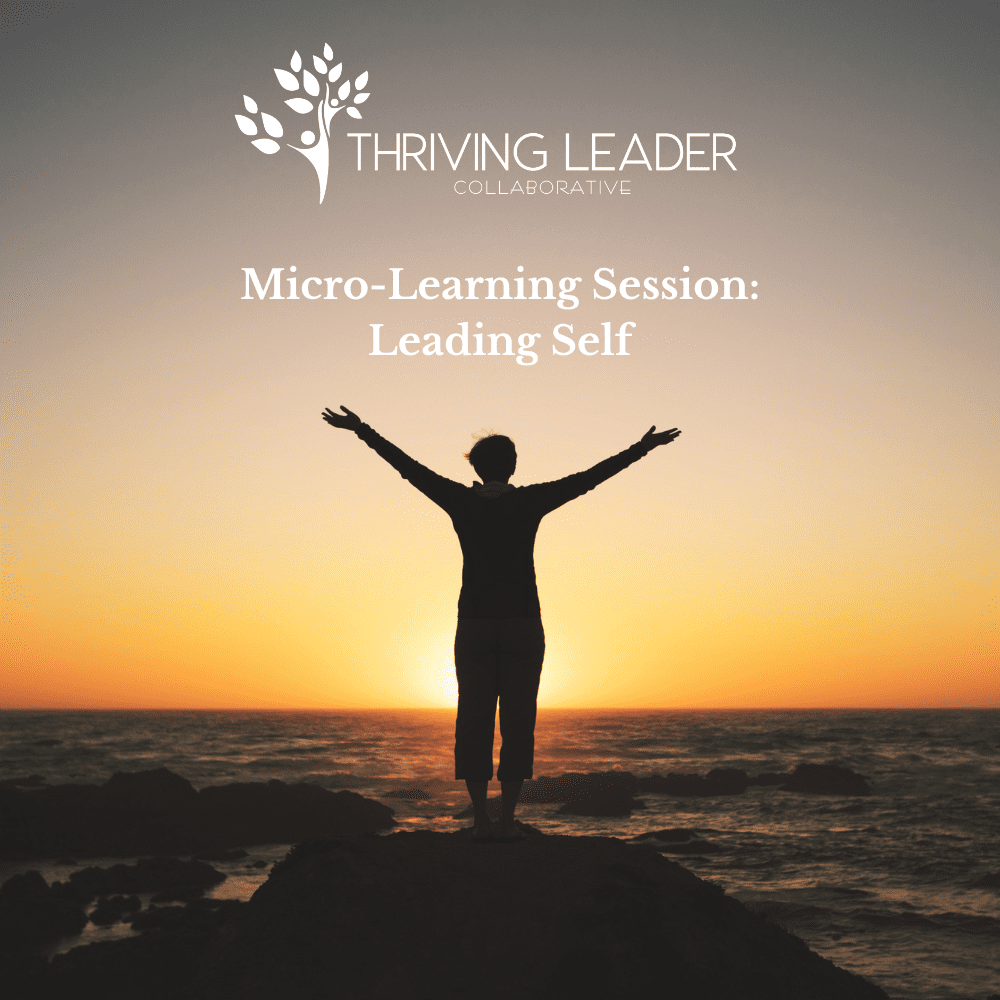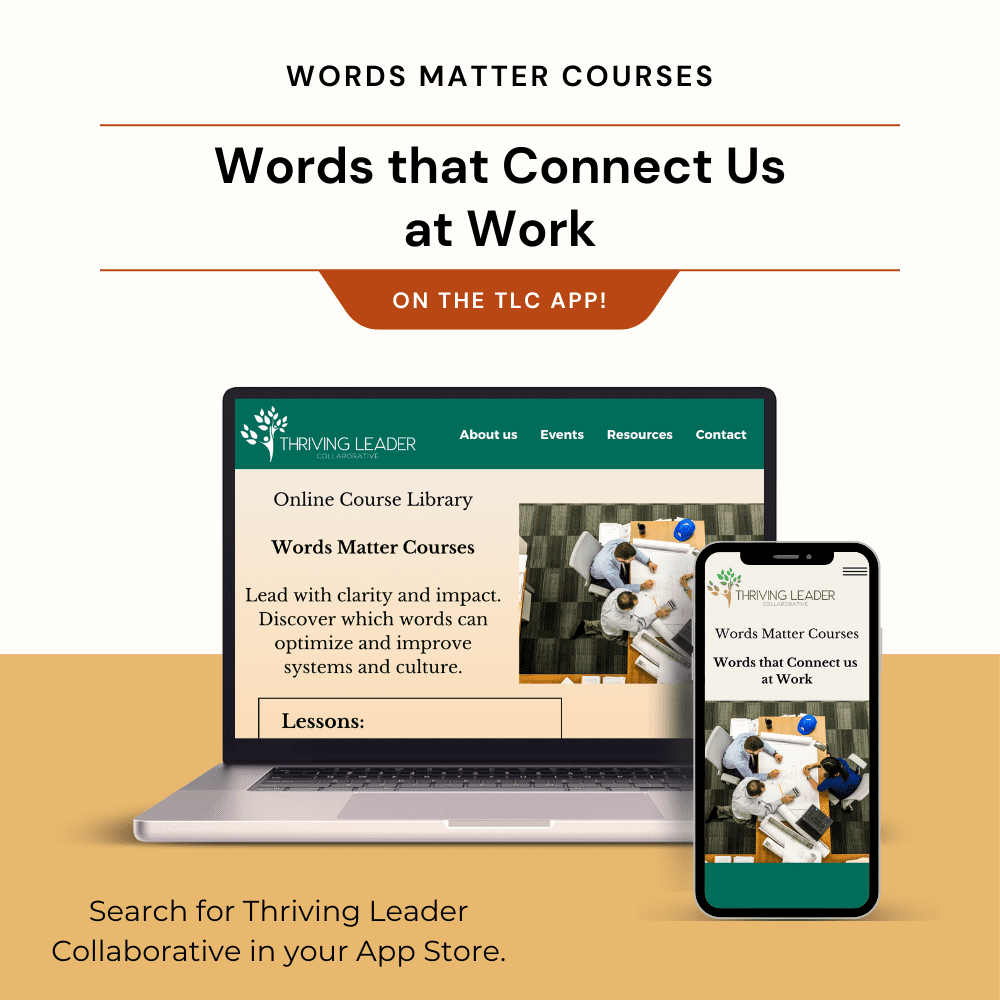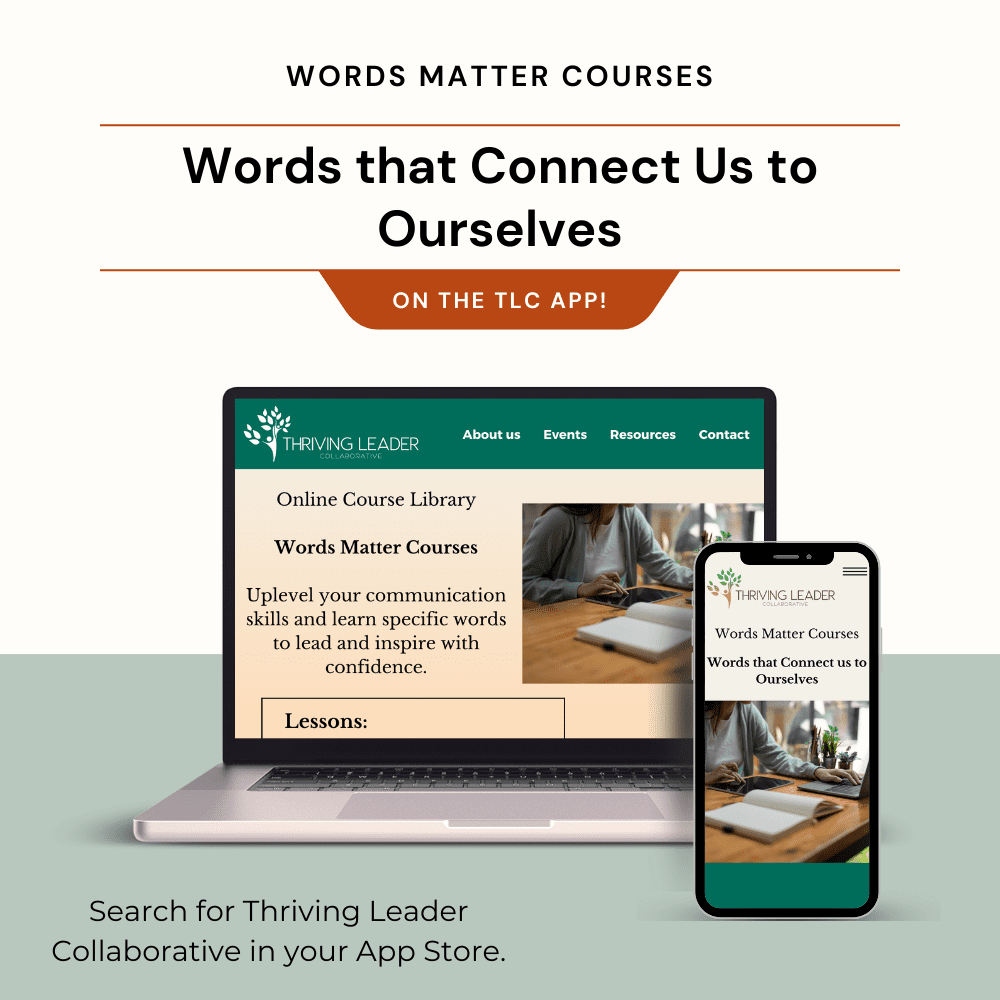Building Trust: The Foundation of Relationships
By Terre Short
Who cites a book written in 1936? Surely there has been information added to the collective that supersedes work created in the thirties. Although, when it comes to building trust, not much is new. Stephen M.R. Covey states in his seminal book, The Speed of Trust, “Trust is the one thing that changes everything,” and the need for trust has not changed since Dale Carnegie explored the topic over eighty years ago. Carnegie’s key concepts from How to Win Friends and Influence People inform his world-renown leadership program which is still winning awards. (Covey, 2006).
Whether in business, personal relationships, or any other facet of life, trust is still the bedrock upon which all else is built. Without trust, communication breaks down, progress stalls, and cynicism prevails. On the other hand, when trust permeates an organization or relationship, incredible things become possible.
In our rapidly changing world where information travels at lightning speed, the importance of trust cannot be overstated. Covey argues that while high trust allows for speed and cost-effective operations, low trust creates hidden costs through redundancy, bureaucracy, and oversight. Trust, quite simply, is the ultimate competitive advantage – for companies, teams, and individuals alike. (Covey, 2006).
So how does one go about cultivating this precious currency of trust? The good news is that trust can absolutely be earned and grown through intentional actions and behaviors over time. The bad news is it can be eliminated in one poorly thought-out response or action. I often have clients ask about trust building strategies, when they are starting a new role, or inheriting a team. Let’s explore four key actions.
- Start with Personal Integrity – The journey to building trust begins within. Do you adhere to unwavering principles? As Dale Carnegie wisely advised in his writings, “The seminal root of a person’s character is their honesty.” (Carnegie, 1936). People instinctively pick up on ulterior motives or disingenuousness. Trust blooms when our words and actions are in complete alignment. I cover this extensively in my book, The Words We Choose: Your Guide to How and Why Words Matter. Periodically ponder how well the words you choose consistently align with your values and your intention.
- Become Relentlessly Reliable – Consistency is crucial for generating trust. When people see that you unfailingly follow through on your commitments, both big and small, their confidence in you grows. Covey suggests in The Speed of Trust: “Nothing builds trust faster than being completely reliable.” (Covey, 2006). Make it a habit to under-promise and over-deliver. When you cannot meet the proposed timing of a commitment, alert those involved, and follow through as soon as possible.
- Communicate with Transparency – Trust withers in darkness and thrives in light. Opaque motives and half-truths eat away at the foundation of trust like termites. Conversely, when we embrace radical candor in our communications, clearly explaining our rationale and sharing accurate information, we invite others to trust us. I’ve observed that in the absence of clear information, people go to MSU – they “Make Stuff Up!”
- Cultivate Genuine Respect – At its core, trust is a product of how we make people feel. Do your words and actions convey that you truly care about others and have their best interest at heart? People bestow their trust upon those who treat them with sincere respect, empathy and kindness. Constantly think about how you can add value to those around you.
When you consistently put these steps into practice, you’ll find the benefits of elevated trust compounding over time. Strong trust breeds greater teamwork, innovation, commitment and bottom-line results. Weak trust, on the other hand, fosters divisiveness, cynicism and organizational stagnation.
Reflect weekly on how you employ each of the strategies outlined above. By becoming a paragon of trustworthiness yourself, you’ll inspire others to reciprocate and raise their own trust quotient. In this virtuous upward cycle, everybody wins. Make the choice to relentlessly invest in cultivating trust – your relationships and effectiveness will be exponentially better for it.
References
- Covey, S.M.R. (2006). The Speed of Trust: The One Thing that Changes Everything. Free Press.
- Carnegie, D. (1936). How to Win Friends and Influence People. Simon & Schuster.
Terre Short is a best-selling author, executive leadership coach, dynamic speaker and learning experience creator who connects from her heart.

